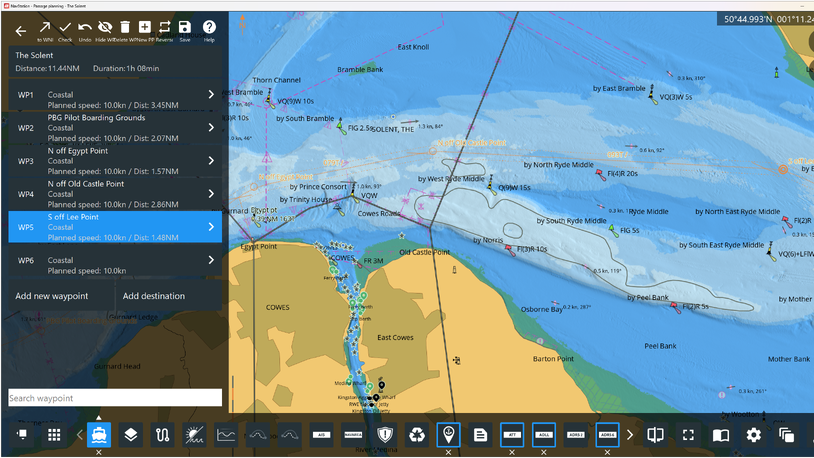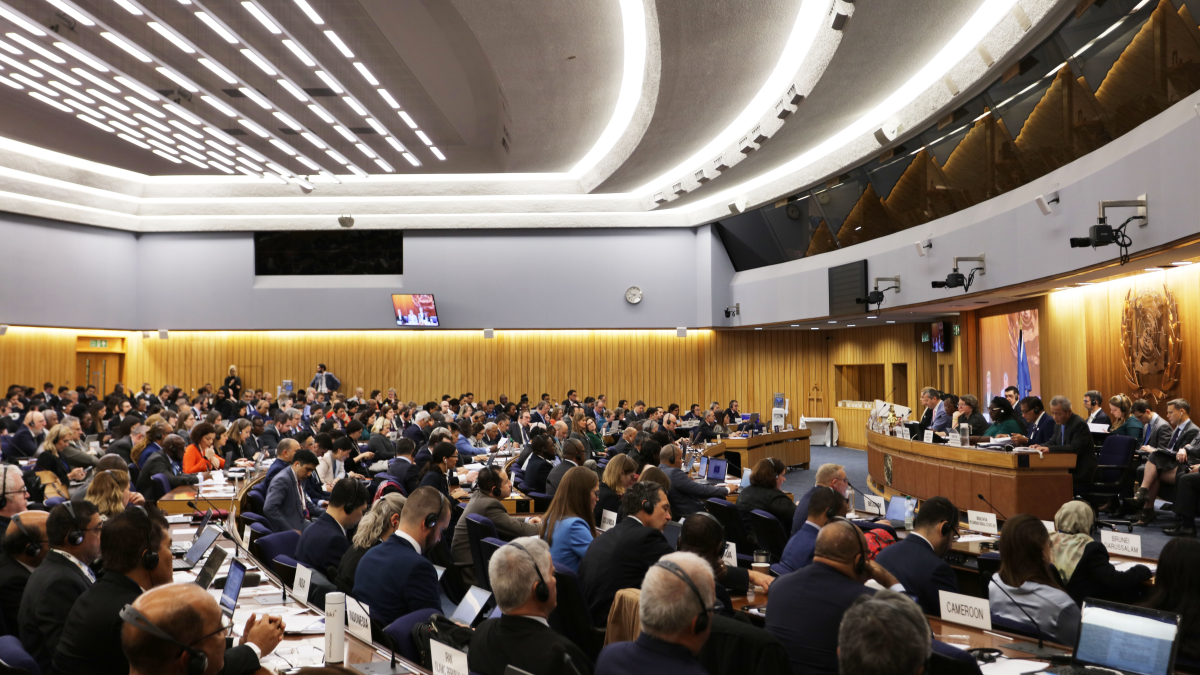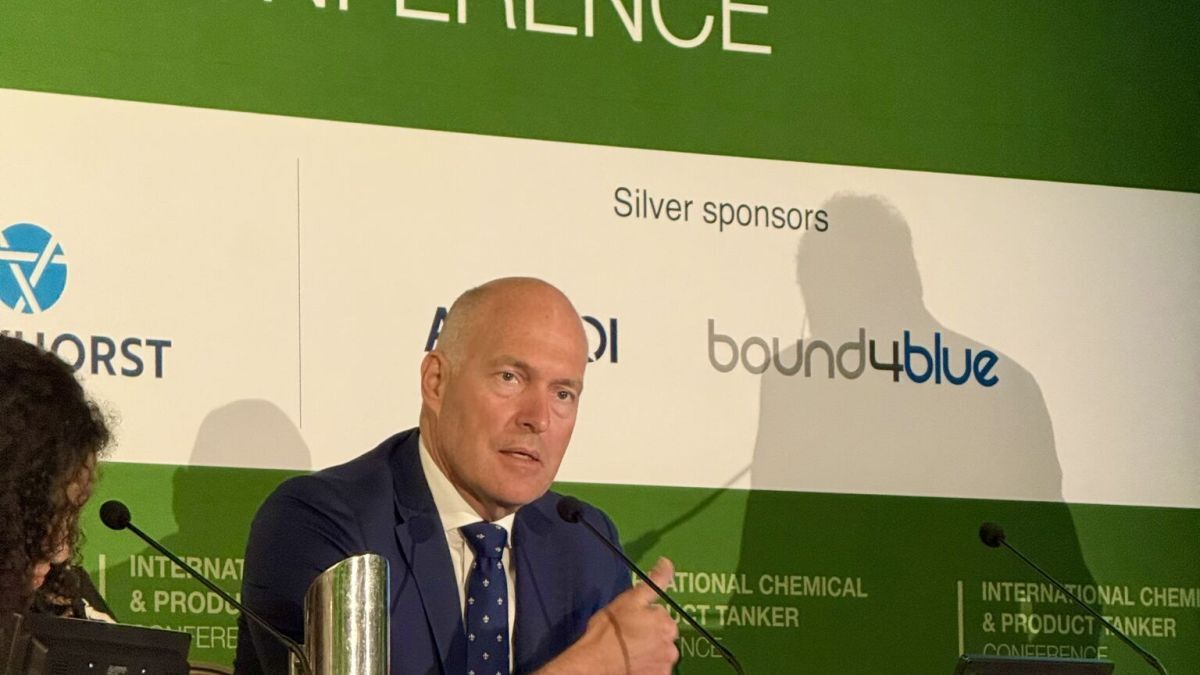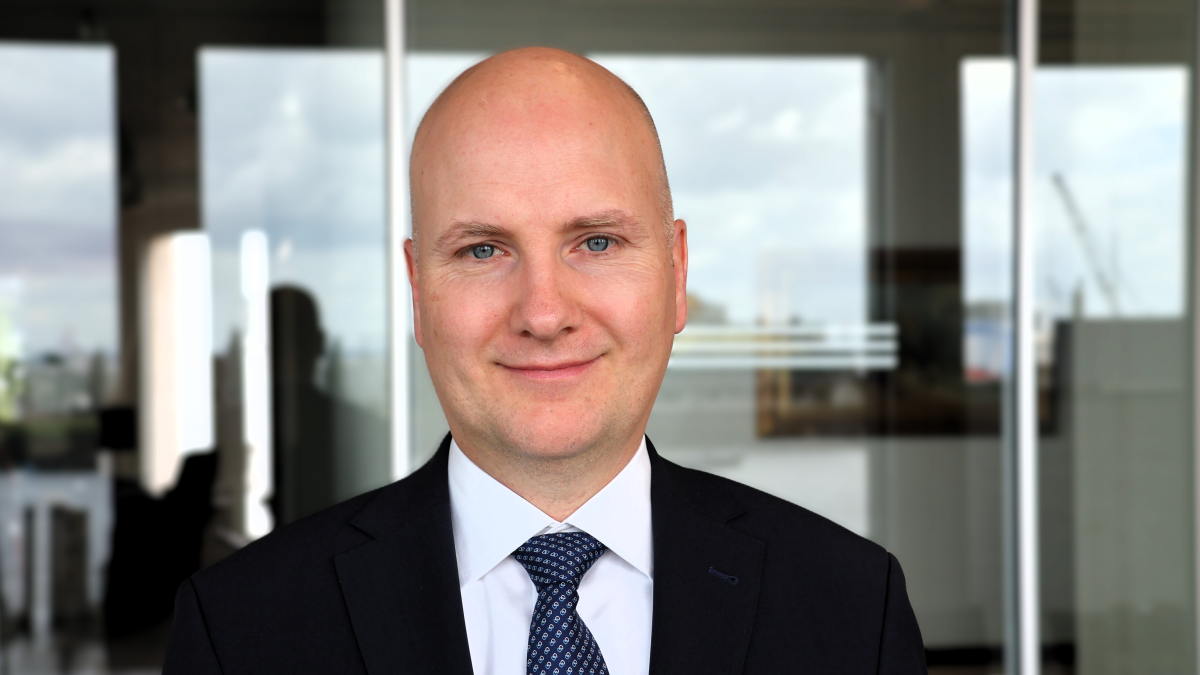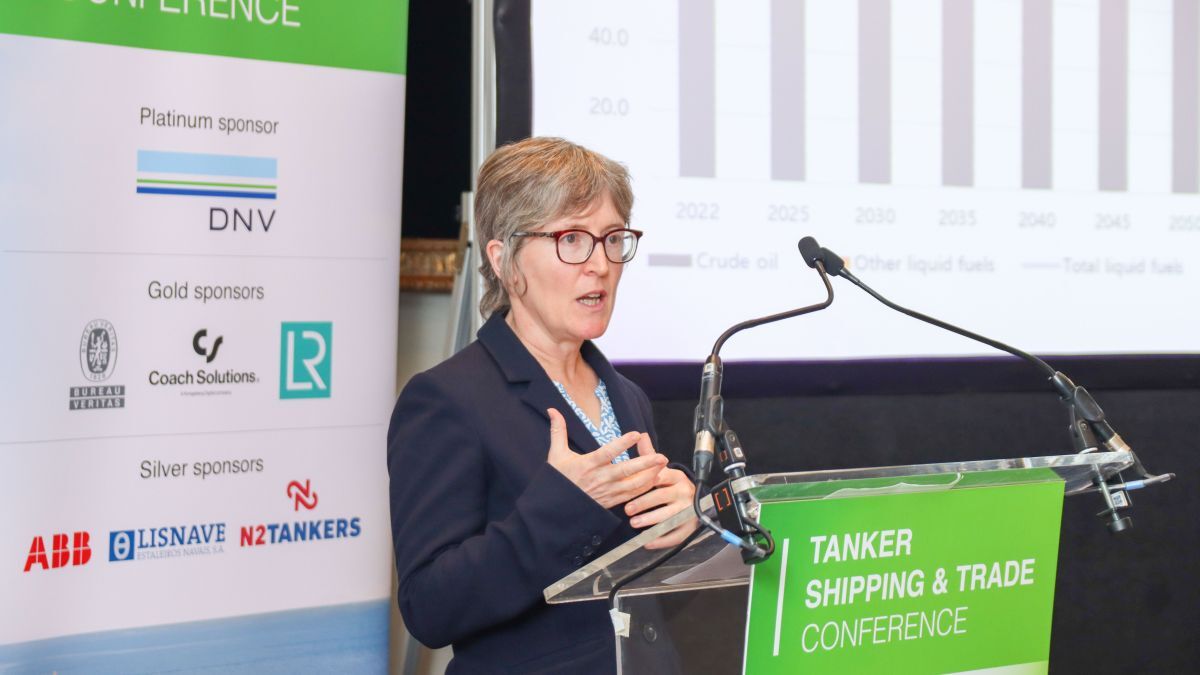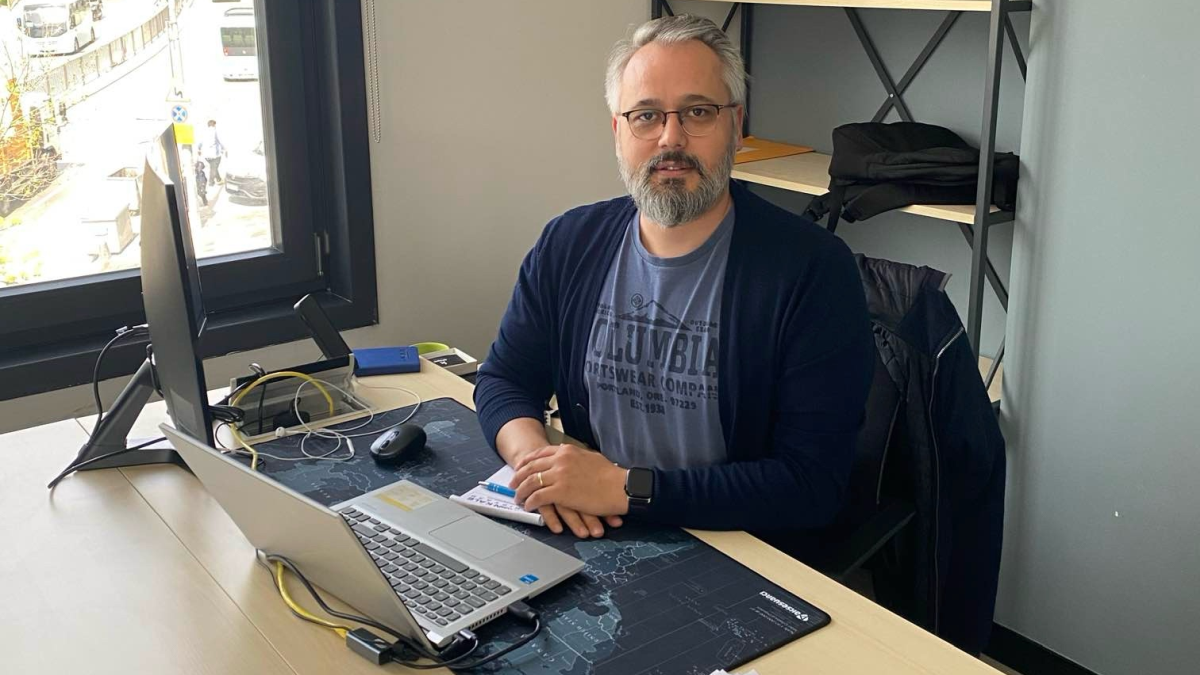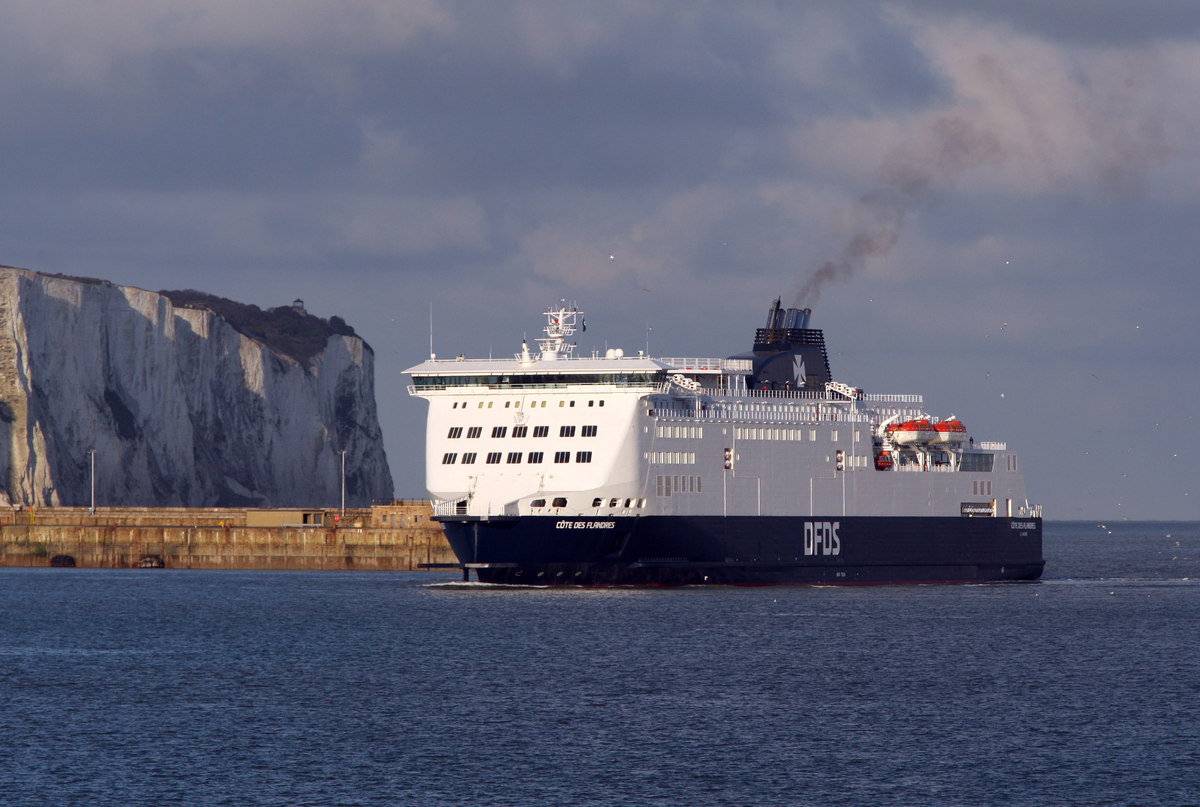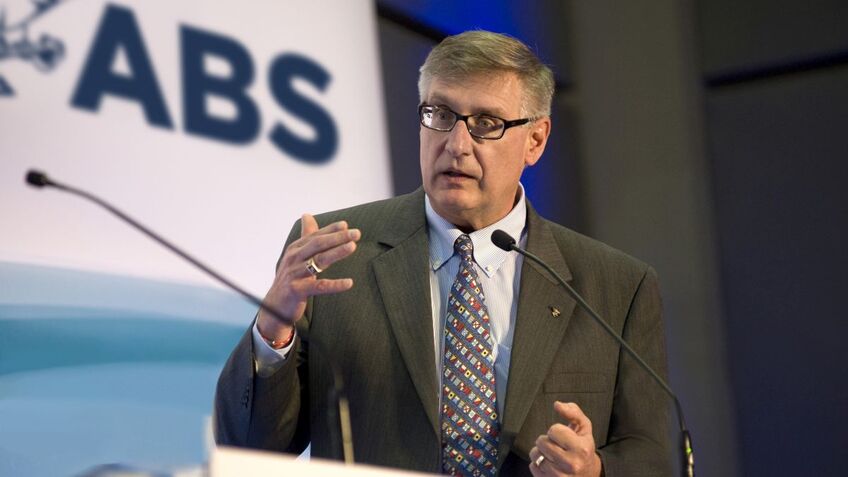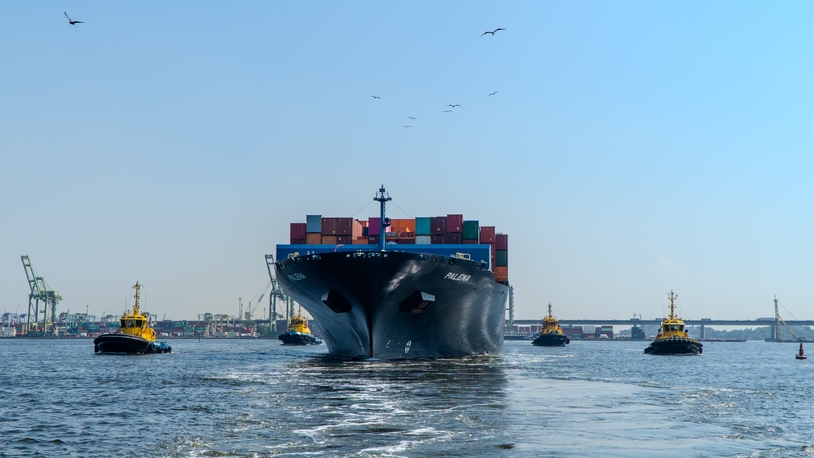Business Sectors
Events
Contents
Register to read more articles.
Ships struggle with ballast water compliance framework
MEPC 83 will debate ballast water regulation as shipowners report difficulties meeting D-2 compliance despite using approved systems
The 83rd session of the Marine Environment Protection Committee (MEPC), being held 7-11 April 2025, will place renewed scrutiny on the practical implementation of ballast water regulations, particularly concerning compliance with the D-2 standard under the International Convention for the Control and Management of Ships’ Ballast Water and Sediments.
A joint submission from Liberia, the Marshall Islands, Intertanko, Intercargo, ICS and BIMCO warned ships continue to encounter operational difficulties when attempting to meet the D-2 standard in challenging water quality conditions. These difficulties arise even when vessels are equipped with type-approved ballast water management systems (BWMS) operated according to manufacturer guidelines.
The co-sponsors argued relying solely on the BWMS to assess water quality can damage equipment, particularly when systems are run in ports with high sediment loads.
“Operating BWMS in river ports with high currents… may damage components of the system, rendering it non-operational for extended periods,” the submission stated.
In their view, this increases the risk of spreading invasive aquatic species due to the resulting system downtime.
Resolution MEPC.387(81), adopted at MEPC 81, discourages pre-emptive bypass of the BWMS. However, the co-sponsors observed obtaining advance agreements between flag states and coastal states for such bypasses has proven challenging.
The lack of publicly accessible contact details for the responsible coastal authorities has made these approvals effectively unworkable in practice. They called on the Committee to facilitate the publication of this information to support future compliance efforts.
The Republic of Korea contributed to the discussion with a detailed report of field testing conducted between 2019 and 2024. Its findings show BWMS operating in challenging water quality frequently fail to treat water to regulation D-2 standards, even after mitigation measures have been taken. Korean data indicated systems equipped with UV treatment or electrolysis technology routinely encountered operational limits such as UV dose or intensity failures.
Intertanko, in co-ordination with ICS and others, submitted an additional analysis showing when ships are forced to conduct extended ballast water exchange procedures due to bypass, there is a measurable rise in CO2 emissions. In a set of 48 voyages by Intertanko members, route deviation and additional treatment led to an average 9.0% increase in CO2 output and a 6.4% increase in ships’ operational Carbon Intensity Indicator (CII).
“Remedial measures… have been found to negatively impact CII, resulting in lower ratings and consequences for Statements of Compliance,” the submission noted.
Japan brought forward a proposed framework for flag state inspection and port state control that attempts to address these operational limitations more systematically. The Japanese delegation acknowledged that even properly maintained and operated BWMS may not meet D-2 standards due to more stringent water conditions at intake compared with type-approval test environments.
It stated, “Responsibility should neither be imposed on shipowners, shipyards, nor BWMS manufacturers” under these circumstances.
Oman responded to the Japanese proposal by broadly supporting the creation of a harmonised framework but warned of the risk of introducing compliance loopholes if enforcement becomes too lenient. Oman proposed that reverification processes following initial non-compliance findings must be time-bound and linked to corrective measures.
The backdrop to these discussions is a growing consensus that the BWM Convention, while robust in theory, is straining under the realities of shipboard operations.
Korea’s study demonstrated even when crews follow correct decontamination procedures – ballast water exchange followed by treatment – systems frequently fail to achieve operational thresholds due to poor intake quality.
As ICS and Intertanko noted, “There is a need for improvement in all relevant aspects ranging from BWMS design to maintenance and crew training.”
While the Convention’s review continues, the Committee has been asked to consider not only technical refinements but also greater clarity around enforcement expectations, bypass approval processes and emissions trade-offs.
Sign up for Riviera’s series of technical and operational webinars and conferences:
- Register to attend by visiting our events page.
- Watch recordings from all of our webinars in the webinar library.
Related to this Story
Events
Maritime Environmental Protection Webinar Week
Cyber & Vessel Security Webinar Week
The illusion of safety: what we're getting wrong about crews, tech, and fatigue
Responsible Ship Recycling Forum 2025
© 2024 Riviera Maritime Media Ltd.

